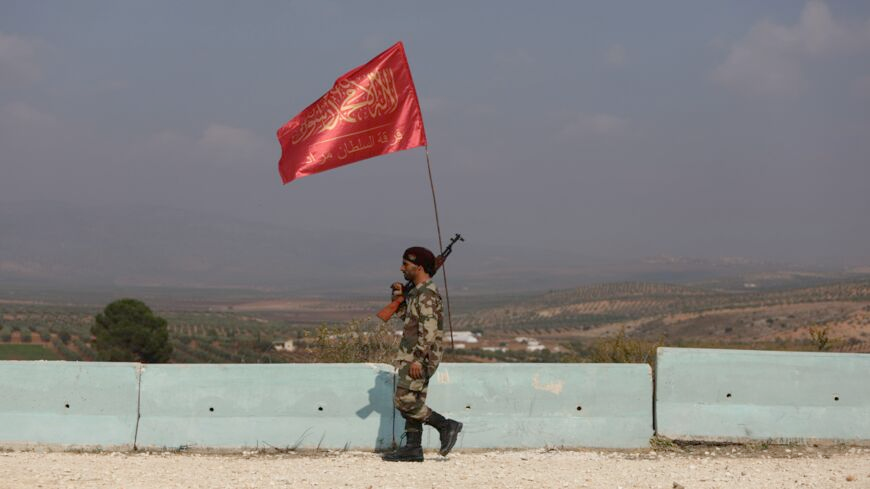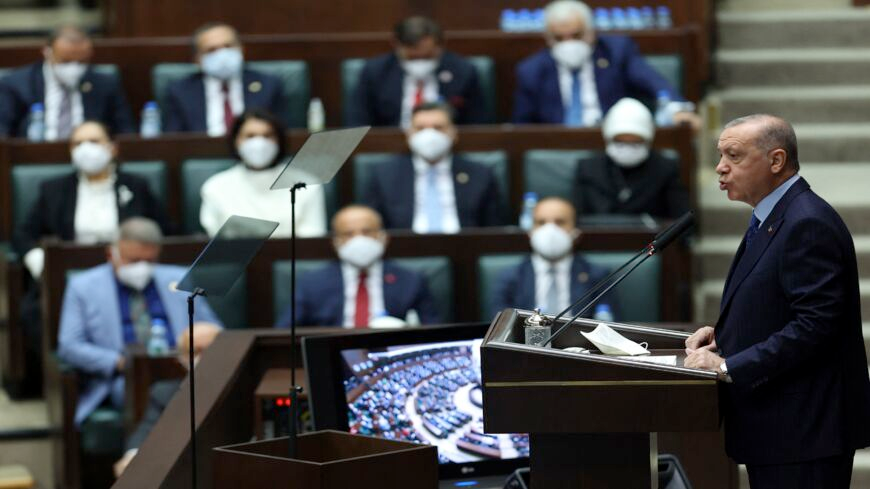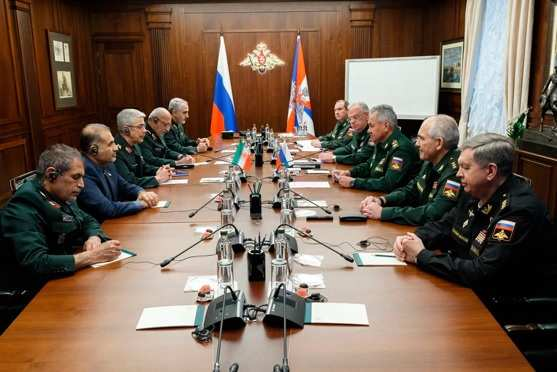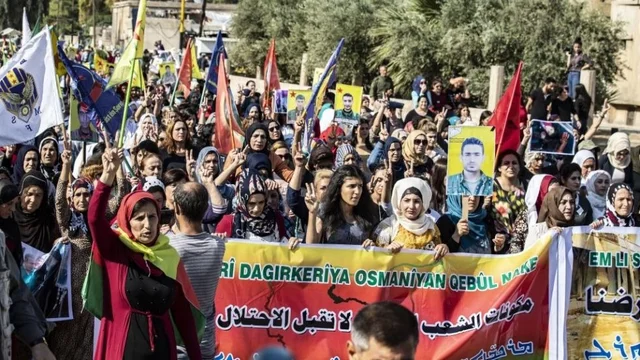US military exit from Syria unlikely anytime soon, officials say
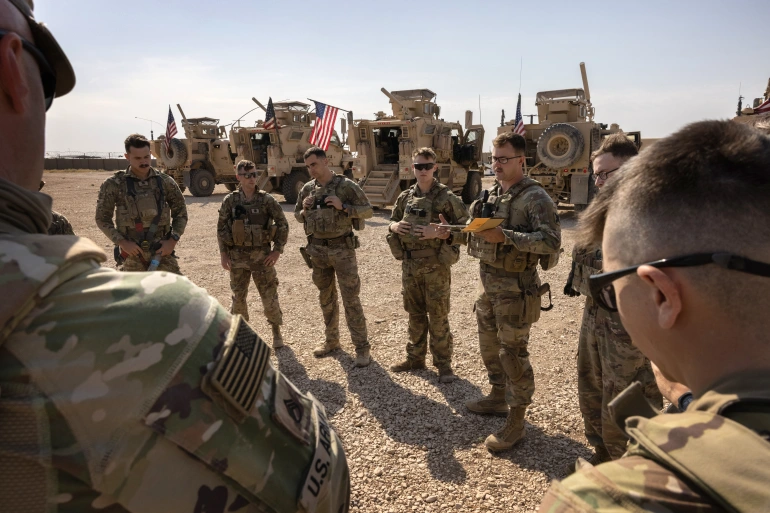
Speculation has been rife American forces would withdrawal from Syria after the Afghanistan pullout in an effort to end ‘forever wars’.
The United States will not be withdrawing its roughly 900 troops from northeast Syria any time soon, despite mounting speculation it would do so following its much-maligned August pull-out from Afghanistan, according to officials with knowledge of the Biden administration’s plans.

